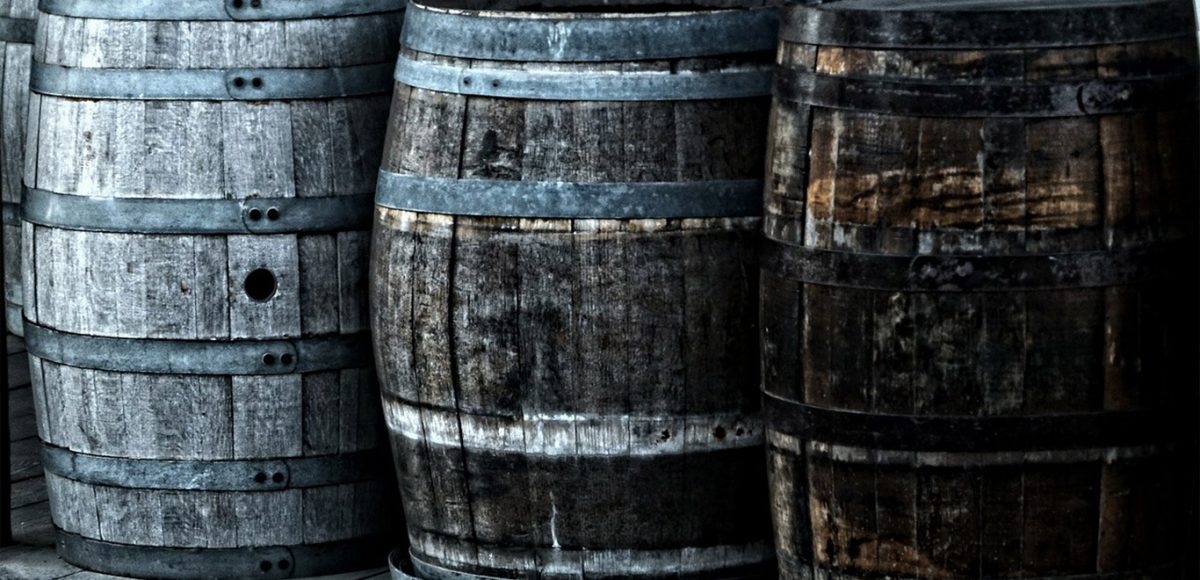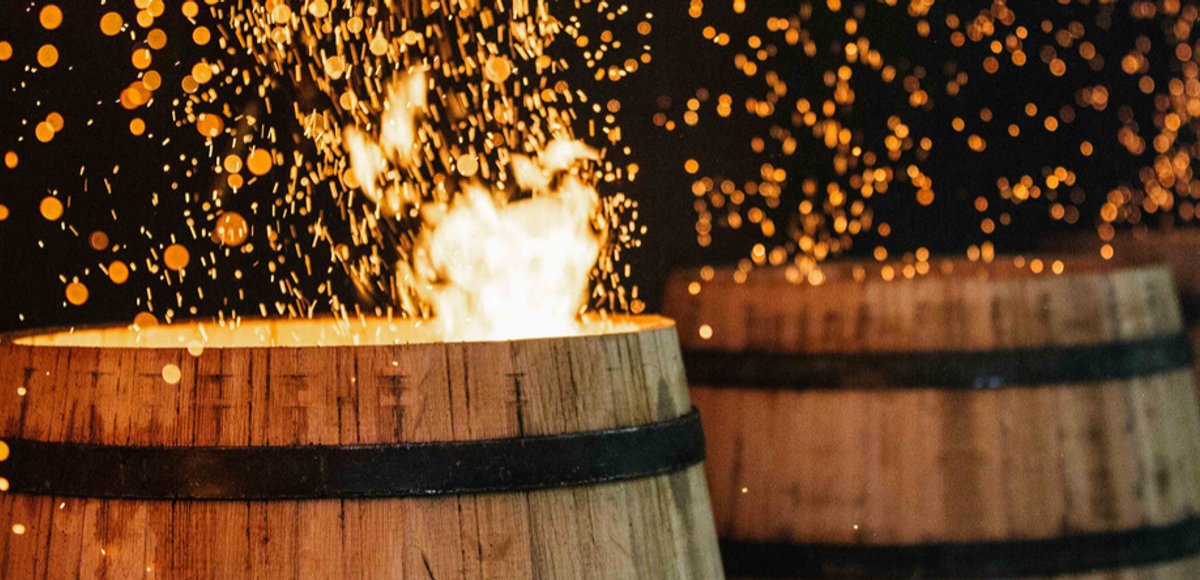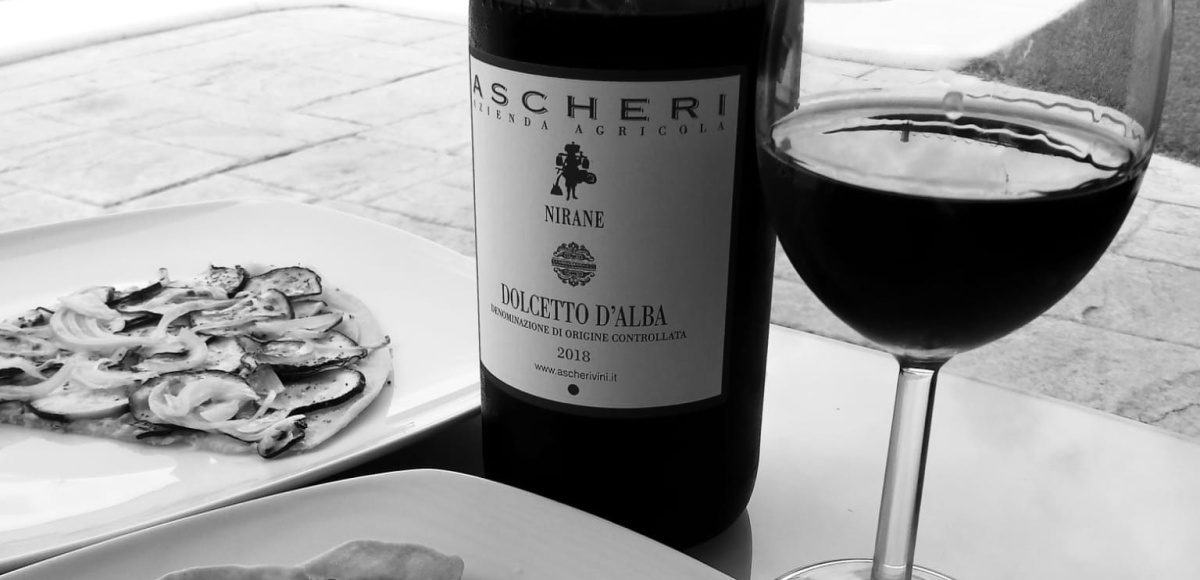There are many wine terms to describe wines that we are familiar with but are not clear about what they mean. A TheWinePlace.es member recently asked me to explain the terms’ vino joven’, ‘crianza’ and ‘reserva’ and how do they apply to international wines. Read on….
Vino Joven – generally speaking this is a wine from the current vintage and is to be consumed within a year to 18 months from being made. This is generally the same the world over for young wines. Nowadays most wines, I would estimate 80%, are made to drunk young so it is worth paying attention to the vintage when choosing wines and remember because it is older does not necessarily mean that it will be better.
Young wines that are destined to be matured or aged will often seem closed, quite harsh and not very expressive when ‘young’. Take for example a Rioja Gran Reserva or a wine from Bordeaux, as very young wines they can be very tannic and tough requiring years to mature and soften.
In the northern hemisphere the harvest generally takes place in September whereas in the southern hemisphere, the vintage takes place in March/April. So it can be a bit weird when you drink a young white wine from New Zealand or South Africa, in the same year it was harvested and before the vintage in Spain has even started.
Crianza means ageing – This is a very important stage of the wines life cycle. Ageing can take place in tank, barrel or in bottle and during this time the wine matures and develops its character. Ageing a wine is a complex process. Each wine has its own rate of maturation depending on the grape variety, vineyard management, climate, soil, region, type of vessel the wine is to be aged in. The skill of the winemaker comes to the fore when ageing wine.
It is only in Spain, for wines classified as DO, that the legal term ‘crianza’ is used. If the winery wants to put the term ‘crianza’ on a label the wine must have been aged for a minimum period of time, reds a minimum of 24 months of which 6 months must be in barrel. In most other countries it is left to the winemakers discretion in determining how long they want to age the wine in order to achieve the desired style and character. The description on the label may say ‘Barrel Aged’.
Important to note than the term ‘crianza’ is not a term for quality it only refers to the length of time the wine has been aged.
Reserva in Spain’s ‘Denominaciones de Origines’ is a legal term to describe a wine that has been aged longer than a ‘crianza’ but not as long as a Gran Reserva. In the case of a red wine it has to have been matured for a minimum of 3 years, 1 year of which in oak barrels prior to be released.
However, a wine from Chile that says Reserva will not have had to comply with the same ageing process. For example in the current selection of wines at TheWinePlace.es we have Adobe Gewürztraminer Reserva from Emiliana. In this case Reserva is a term used for a special selection not a term to describe how the wine has been aged.
If you have any questions just drop me line.










